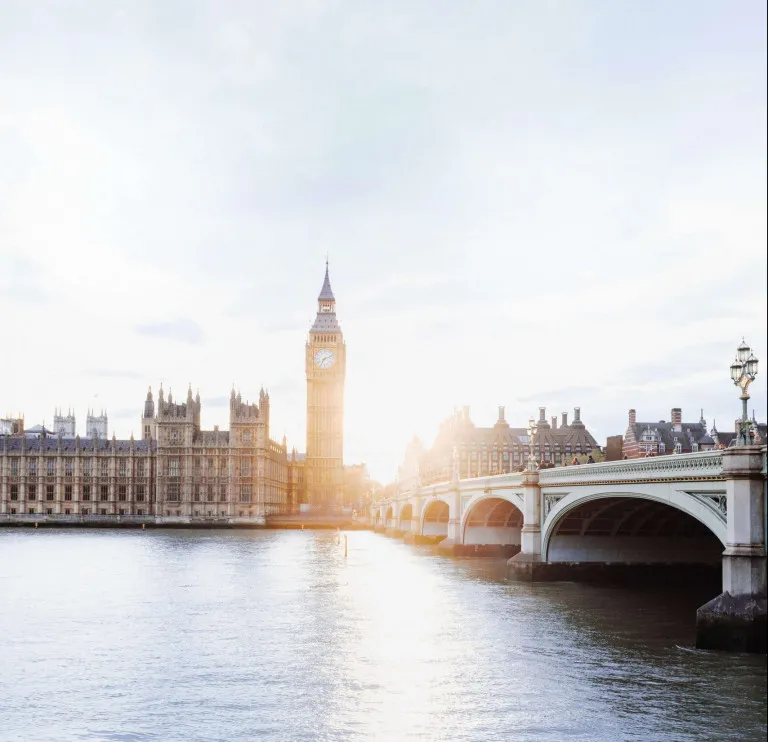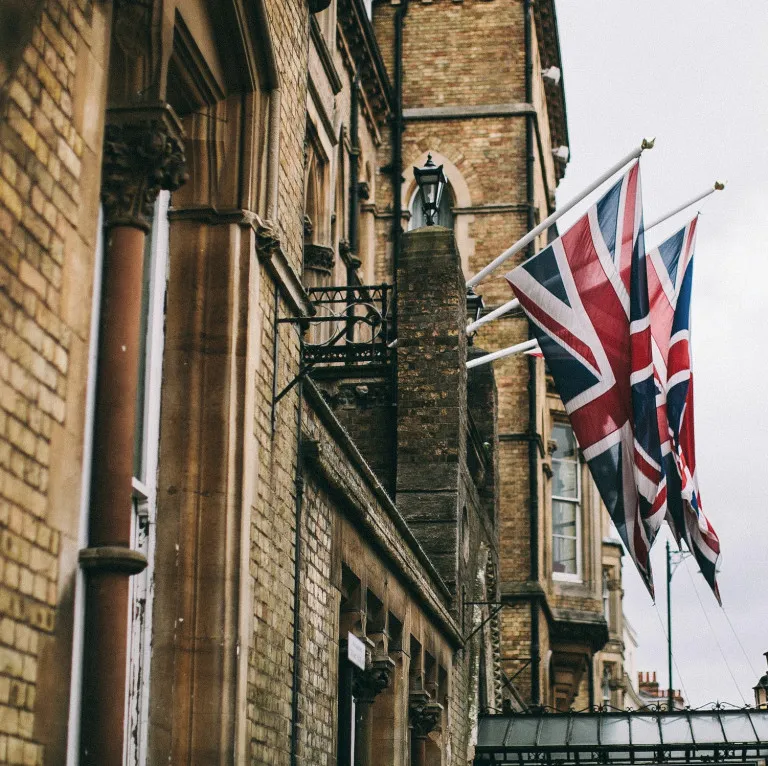Discretionary Leave to Remain
If you’re in the UK and have strong exceptional or compassionate grounds to remain in the country, you may be eligible for discretionary leave to remain.
For more information about discretionary leave to remain, including expert advice and support for your own immigration case, speak to one of our legal advisers today. Call us on +44 (0)333 414 9244 or contact us online.
Read our 1001 reviews
Request a call back from our immigration experts
What are the benefits of choosing IAS’ Advice Package?
Our Advice Package is the ideal option if you are looking for expert immigration legal advice. With this service, you will have a one-on-one session with one of our immigration lawyers.
Your immigration lawyer will consider your case and offer bespoke advice, and they will advise you on the optimum route to take to achieve your desired result.
During your advice session, you will be able to discuss your case and get detailed information about your options to proceed with your case. We will:

Review your situation and explore your opportunities to get your desired immigration results.



Advice on the most appropriate documentary evidence required to support your case.



Discuss the requirements that you need to meet to qualify for your visa.



Outline the expected time frames to process your application.
Services we Provide
Overview of Discretionary Leave to Remain
Discretionary leave to remain is a type of immigration permission that is given to certain immigrants who cannot be processed under existing UK immigration rules.
This may apply in situations where there are exceptional or special compassionate grounds that justify the individual being allowed to stay in the UK.
Another reason for why discretionary leave to remain might be granted is if there would be “unjustifiably harsh” circumstances that arise from deporting a migrant from the UK.
Discretionary leave to remain is normally only granted when normal leave outside the rules guidelines under the European Convention on Human Rights (ECHR) Article 8 are not applicable. Article 8 covers humanitarian protection, asylum, private and family life reasons.
Instead, circumstances where the Home Office may grant discretionary leave to remain may include medical grounds, human trafficking, and others.
Discretionary Leave to Remain on Medical Grounds
One instance where discretionary leave might be granted is on medical grounds.
This encompasses a variety of circumstances, but the most common may include (but not be limited to) the following:
- The individual requires medical treatment in the UK that is not available in their home country
- The individual may be subject to inhuman treatment if they were to leave the UK
- The individual’s physical or mental health would be severely affected if they were to leave the UK
Discretionary leave to remain on medical grounds directly relates to Article 3 of the ECHR, which refers to freedom from torture and inhuman or degrading treatment.
In the context of discretionary leave to remain, denying an individual the chance for improvement or stabilisation of their medical condition, or incurring risk of relapse or degradation of health may be considered to be in violation of Article 3.
In order to qualify for discretionary leave to remain on this basis, all applicants would have to show documentary evidence that there are strong, compelling reasons to support their staying in the UK.
This may be evidence that they would suffer a serious decline in health or a reduction in life expectancy as a direct result of lack of access to appropriate medical treatment. Alternatively, it may be evidence that the applicant is at a critical stage of their illness and it would be considered inhuman to deprive them of their current medical care.
Other Circumstances Where Discretionary Leave to Remain May be Granted
In addition to medical grounds, there are a number of other circumstances where discretionary leave to remain may be justified.
For instance, discretionary leave to remain may be granted if the applicant is at risk of being victim to modern slavery or human trafficking. In this instance, there must be significant evidence of a risk of the applicant being re-trafficked, or significant evidence that they would come into harm from those who might want to exploit the applicant.
In addition, discretionary leave to remain may be granted in the following general circumstances:
- To facilitate the care and welfare of unaccompanied asylum-seeking children
- Asylum seekers who cannot be classed or categorised into any existing immigration policy
- Other exceptional circumstances not already listed. In these instances, character, conduct, previous compliance with immigration rules and length of time spent in the UK will all be taken into account when ruling eligibility for discretionary leave to remain.
It’s important to note that all discretionary leave to remain applications are judged on a case by case basis, and individual factors and circumstances will always influence the decision-making process.
How Can I Apply for Discretionary Leave to Remain?
You must apply for discretionary leave to remain online through the Gov.uk website.
You must either fill our form FLR (HRO) if you’re applying for discretionary leave to remain for the first time, or form FLR (DL) if you’re applying for an extension on your existing discretionary leave to remain.
As part of the application process, you must pay the application fee, the immigration health surcharge, and also make an appointment to give your biometrics information in order for you to receive a biometric residence permit.
What Are the Fees and Processing Times?
It costs £1,321 to apply for discretionary leave to remain.
Note that you will also have to pay the immigration health surcharge as part of your application, which will be £1035 a year for applicants 18 or over, or £776 a year for applicants under 18.
Discretionary leave to remain may take up to a few months or a year to process, depending on the complexity of your individual case and how busy the service is at the time of reviewing your application.
What Can I Do With Discretionary Leave to Remain?
Being granted discretionary leave to remain will allow you to live, work and study in the UK without restrictions.
You will also be allowed to access public funds, such as state benefits.
However, you will not be eligible for higher education student finance under existing Department of Business, Innovation and Skills regulations while on discretionary leave to remain.
In addition, you will be prohibited from studying certain subjects in higher education without first obtaining an Academic Technology Approval Scheme (ATAS) clearance certificate from the Counter-Proliferation Department of the Foreign and Commonwealth Office (FCO).
How Long Does Discretionary Leave to Remain Last?
Discretionary leave to remain is not normally granted for periods longer than 30 months (or two and a half years).
However, the specific duration of leave granted will vary from case to case. For example, shorter or longer periods of leave may be granted if there are appropriate or strong compelling or compassionate reasons to justify it.
In particular, longer periods of discretionary leave to remain may be appropriate if it’s in the best interests of a child.
As such, it’s best not to assume or expect that you will be always granted leave under discretionary leave to remain standard length of 30 months, as individual factors and circumstances will heavily influence this decision.
Can Discretionary Leave to Remain Lead to Indefinite Leave to Remain?
It is possible for an individual with discretionary leave to remain to successfully apply for indefinite leave to remain (ILR).
You will need to have been in the UK for a minimum number of years before you can apply for ILR. This quota will depend on when you were first granted discretionary leave to remain.
If you were granted discretionary leave to remain on or after 9 July 2012, you will be able to apply for ILR if you’ve been in the UK for at least 10 continuous years.
If you were granted discretionary leave to remain on or before 8 July 2012, you will be able to apply for ILR if you’ve been in the UK for at least 6 continuous years.
Note that you must apply for ILR no more than 28 days before your current discretionary leave to remain expires. In addition, time spent in prison with a criminal conviction will not count towards the minimum residency requirement, although leave accrued whilst waiting for a valid application may be considered.


How Can IAS Help?
Discretionary leave to remain is one way that the UK helps to process migrants and asylum seekers where other classifications of immigration rules cannot be applied.
If you’re an individual seeking to stay in the UK through discretionary leave to remain, an asylum claim, or any other form of immigration permission, IAS can help.
We are expert immigration lawyers who are well versed in handling a wide variety of UK immigration, asylum and leave to remain cases. Regardless of your personal situation, circumstances or issues, our team of friendly and professional legal advisers can work with you to get the result you’re looking for.
Whether you need to apply for discretionary leave to remain on the basis of medical grounds, on behalf of an asylum-seeking child, or family or private life reasons under Article 8 reasons, we can help.
For more information about the services we provide and how we can help you, reach out to a member of our team today. Call us on +44 (0)333 414 9244, or contact us online.
Table of Contents
Table of Contents will appear here.Legal Disclaimer
The information provided is for general informational purposes only and does not constitute legal advice. While we make every effort to ensure accuracy, the law may change, and the information may not reflect the most current legal developments. No warranty is given regarding the accuracy or completeness of the information, and we do not accept liability in such cases. We recommend consulting with a qualified lawyer at Immigration Advice Service before making any decisions based on the content provided.
Frequently Asked Questions
As previously mentioned, you will have to use form FLR (DL) in order to apply for an extension on your discretionary leave to remain.
When applying for an extension, you will need to ensure that whatever exceptional or compassionate circumstances that led you to being granted initial discretionary leave to remain still apply. Change in personal circumstances when applying for an extension may risk your application for discretionary leave to remain not being accepted if they no longer fit within the government guidelines for approval.
In most cases, you will be able to travel freely from and to the UK with little to no restrictions if you’ve been granted discretionary leave to remain.
However, note that you may be restricted on your ability to leave the UK if your discretionary leave to remain has been granted for a period of 6 months or less.
Yes. Discretionary leave to remain may be curtailed or revoked if:
- There is evidence of criminality or the applicant poses a danger to national security
- The applicant becomes subject to a deportation order
- The discretionary leave to remain was obtained fraudulently, or deception was used in the application process


What our clients are saying
How our UK Immigration Lawyers can help
At the Immigration Advice Service our lawyers specialise in a wide range of UK visas, nationality and asylum applications and have represented clients in various successful complex and high-profile cases.

















